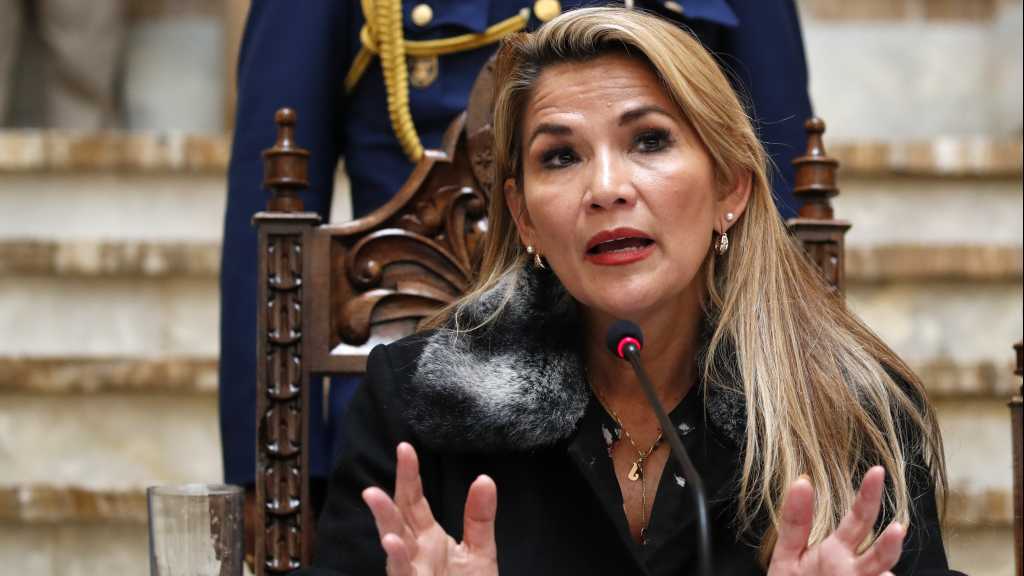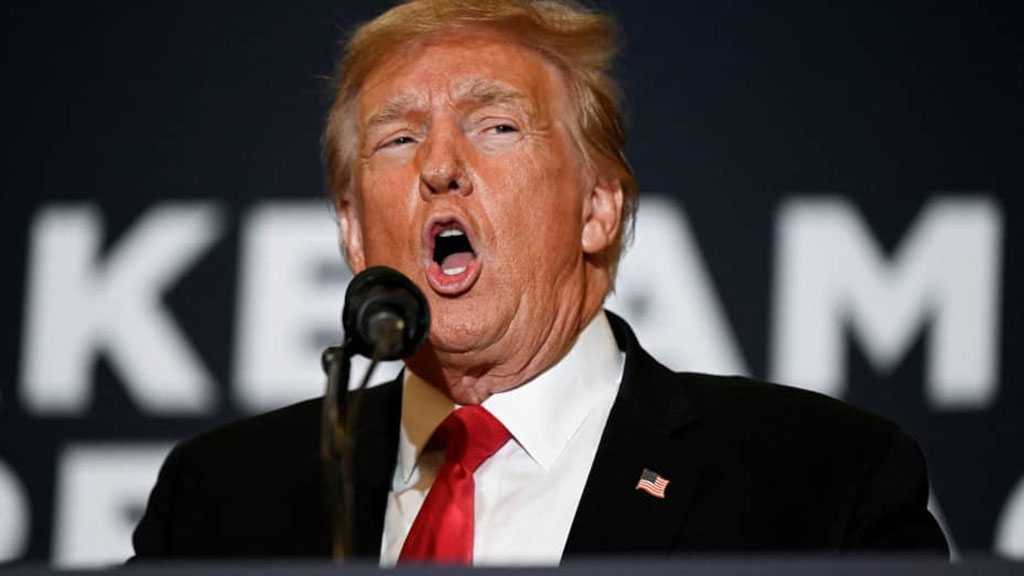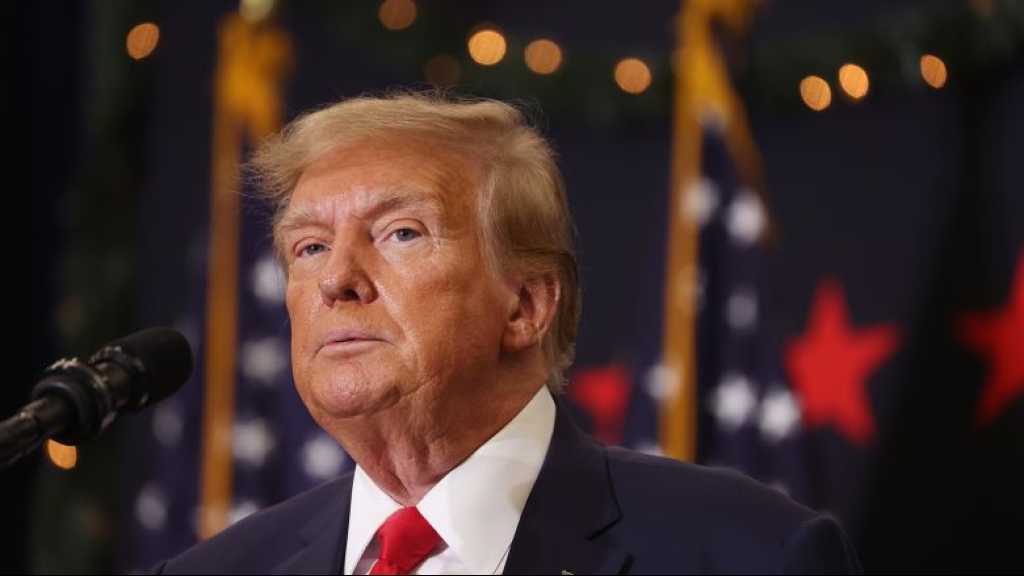
Bolivian Self-Proclaimed Interim Leader Says Elections to Be Called Soon

By Staff, Agencies
Bolivia's self-proclaimed interim president Jeanine Anez said Sunday she will call new elections soon, as the country struggles with violent unrest a week after the resignation of Evo Morales.
"Very soon we will announce news regarding our main mandate: calling transparent elections," Anez said in a speech at the presidential palace.
She did not give details, saying only that the announcement will seek the "recovery of our country's democratic credibility."
Unrest in Bolivia first erupted after Morales – the country's first indigenous president – was accused of rigging the results of the October 20 polls to gain reelection.
He resigned last Sunday and fled to Mexico after losing the support of the security forces.
Anez, the 52-year-old former deputy speaker of the Senate, declared herself the country's interim president on Tuesday, filling a vacuum left by Morales' departure and the resignations of several ministers.
The government also said Sunday that violent demonstrations roiling the country were slowing. However, rural groups close to Morales demanded Anez's resignation.
The number of trouble spots is "down by half," interim Interior Minister Arturo Murillo said.
The violence has claimed at least 23 lives and left scores injured since late October, according to the Inter-American Commission on Human Rights.
The protests that forced Morales to seek asylum in Mexico have continued, primarily around the central city of Cochabamba, where violent clashes erupted Friday between coca growers and both army troops and police.
Nine people died, the IACHR reported, though the government has recognized only five of them.
Murillo angered opposition groups by suggesting that the coca growers might even have shot some of their own supporters to generate sympathy.
But Thomas Becker, an American lawyer with the International Human Rights Clinic at Harvard University, rejected that theory.
Comments
- Related News



